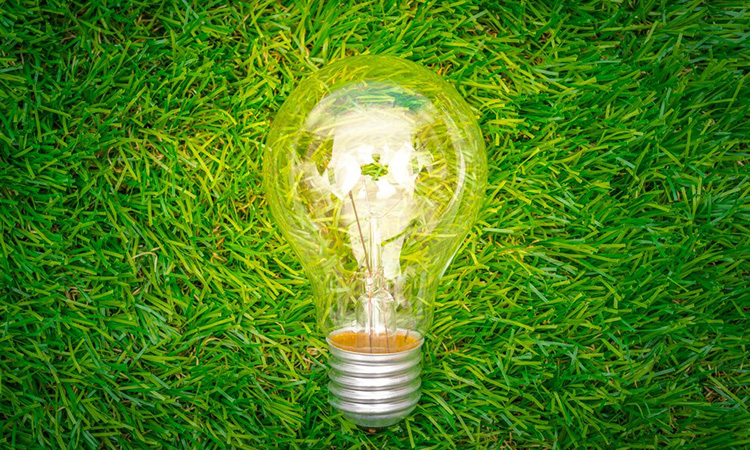In the quest for a more sustainable and environmentally friendly future, energy efficiency stands out as a key player. Innovations in energy efficiency are revolutionizing how we consume energy, leading to significant reductions in carbon emissions and helping to combat climate change. This article explores some of the most promising energy efficiency innovations that are shaping our world.
Understanding Energy Efficiency
Energy efficiency refers to using less energy to perform the same task or produce the same outcome. Efficient energy use reduces energy waste, saves money, and minimizes the environmental impact associated with energy production and consumption.
Key Innovations in Energy Efficiency
1.LED Lighting
Light Emitting Diode (LED) technology has transformed lighting by providing highly energy-efficient illumination. LEDs use up to 90% less energy than traditional incandescent bulbs and last significantly longer, making them a sustainable choice for both residential and commercial settings.
2.Smart Thermostats
Smart thermostats are revolutionizing home heating and cooling. These devices learn from your habits and adjust your home’s temperature, accordingly, reducing energy consumption and costs. They can also be controlled remotely, offering convenience and further energy savings.
3.High-Efficiency Appliances
Advancements in appliance technology have led to a new generation of high-efficiency products, from refrigerators to washing machines. These appliances use less electricity and water, reducing both your utility bills and your carbon footprint.
4.Energy-Efficient Building Materials
Innovations in building materials have made it possible to construct homes and buildings that are more energy efficient. Materials such as insulated siding, energy-saving windows, and green roofing systems help maintain indoor temperatures and reduce the need for heating and cooling.
5.Renewable Energy Integration
Integrating renewable energy sources like solar and wind power into buildings and the power grid is a significant step towards energy efficiency. Technologies like solar panels and wind turbines enable the direct harnessing of natural energy sources, reducing reliance on fossil fuels.
6.Electric Vehicles (EVs)
Electric vehicles represent a major breakthrough in transportation efficiency. EVs produce zero emissions and are more energy-efficient than gasoline-powered vehicles, thereby reducing both pollution and energy consumption.
The Importance of Energy Efficiency
Energy efficiency is crucial for several reasons:
- Reducing Greenhouse Gas Emissions: Efficient energy use lowers the demand for energy production, subsequently reducing greenhouse gas emissions.
- Cost Savings: Energy efficiency helps consumers and businesses save money on energy bills.
- Environmental Conservation: Using energy more efficiently helps conserve natural resources and reduce environmental degradation.
Energy efficiency innovations offer a powerful solution to many of the environmental challenges we face today. By embracing these technologies, we can significantly reduce our energy consumption, lower our carbon footprint, and move towards a more sustainable future. As technology continues to advance, the potential for energy efficiency will only grow, paving the way for a greener, more efficient world.
Next On Your Reading List:


